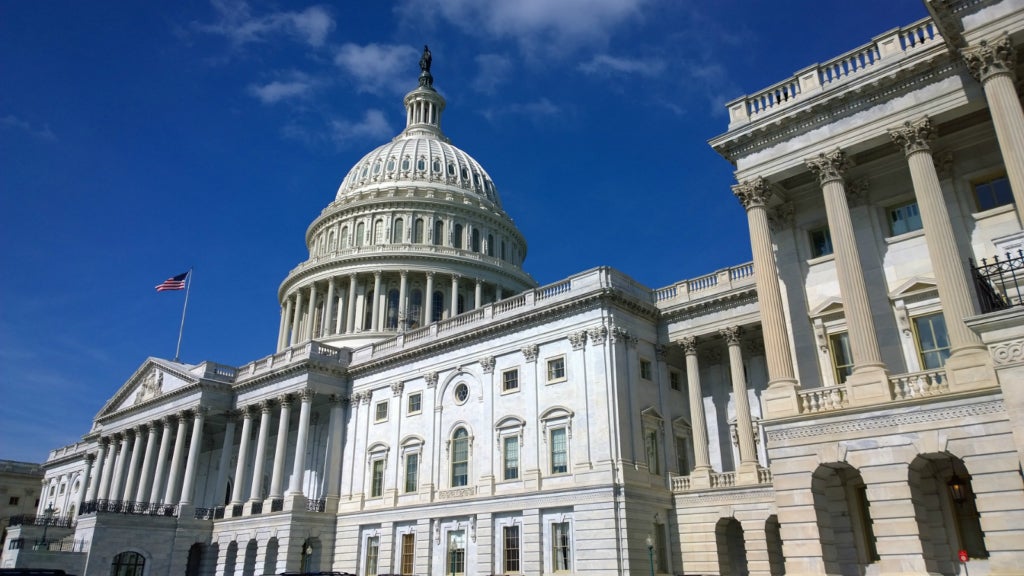Learning from Lincoln: Leadership in a Time of Crisis
Join us in a forum that explores how Lincoln confronted the profound national emergency of civil war and how he balanced personal and civil liberties with national interest. Featured Socrates moderator and Harvard Professor John Stauffer, will be in conversation with Dr. Colleen Shogan, Senior Vice President of the White House Historical Association, with an introduction from Dan Porterfield, CEO of the Aspen Institute.
Key Takeaways
- Respect: Lincoln’s continued displays of respect for his cabinet, army, constituents, and even adversaries were invaluable to gaining trust and building consensus.
- Rhetoric: His ability to shift public opinion in a way that constituents understood provided greater levels of confidence and support for the president.
- Humility: Lincoln accepted his failures. He interrogated where he had gone wrong and changed his mind with new information.
- Empathy: Over half a million men died in the Civil War. Lincoln did not callously make the hard choices that saw that death toll.
Highlighted Questions
“I’m seeing many pro-libertarian and anti-social distance supporters use Lincoln quotes including “Those who give up liberty for safety deserve neither”, can you shed some light on how these constitutional issues, and perhaps misinterpretations of Lincoln, are shaping our current political times and how Lincoln might respond to these calls for personal liberty over communal safety?”
Lincoln was a student of history as much as he was a politician. He would’ve said you have to understand him at the time in which he lived and the dilemmas that he faced. The world is very different today, to use him as a justification for what you want to accomplish denies the analytical approach you need to take to make a decision. In terms of specific decisions that Lincoln made, the context was crucial, that’s why he was seen as a political flip-flopper. One of the aspects of his greatness was his capacity to change based on context.
“How did Lincoln manage and accept his failures? How did this effect the way in which he lead the country?”
Lincoln was humble enough to recognize failure. A lot of politicians, both then and now, have a hard time accepting that they may have failed at something. Lincoln also learned from it, he interrogated what he could have done differently, reflecting his humility.
Stay tuned for more from Socrates Goes Digital!

